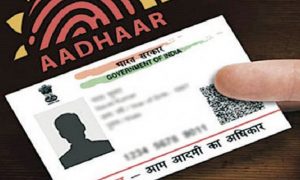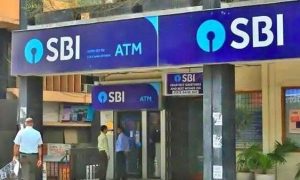Amidst the COVID-19 pandemic, the government gave taxpayers time until June 30, 2020, to complete their tax-saving exercise for FY2019-20, extended from the earlier deadline March 31, 2020. With the tax-saving deadline around the corner, how prepared are you?
With the appropriate tax-saving products, the higher a person in the tax bracket, the more would be the gain. Tax-saving products provide immediate returns in the form of taxes saved in the year of investment, mostly because of which they serve as motivators for saving for the future.
Even though the deadline was extended, with the deadline inching closer, tax-payers are all trying to collate their investments to ensure saving the maximum possible of their income tax. Having said that, the availability of varieties of savings and investment options in the market makes it all the more difficult, because of which most taxpayers choose the wrong product. Hence, the right tax-saving investment option should be chosen carefully.
1. Section 80C: Section 80C of the Income Tax Act allows a taxpayers tax deduction of up to Rs 1.5 lakh. This allows taxpayers to make investments of the total amount through a wide range of available financial instruments. Experts suggest one should not invest by choosing an instrument just to save tax but also make sure that he/she is in line with their financial goals.
Taxpayers can opt for investments in National Saving Certificate (NSC), Public Provident Fund (PPF), bank Fixed Deposits (FD), Life Insurance plans, etc. However, one should invest in products that are required and not just for the sake of investing. You can opt to invest online to avoid last-minute panic. For instance, with offline payments, certain things could go wrong, like a bounced cheque. In online transactions, it would be a seamless procedure and avoid any last-minute crisis.
2. Opt for Health insurance: Health insurance is one of the crucial investments everyone needs right away, and if you are relying only on your corporate health insurance plan, consider you do not have any insurance cover at all. Along with financial protection in case of hospitalization, with health insurance plans, you also get to save tax under Section 80D of the Income Tax Act.
With section 80D you get a deduction of up to Rs 25,000 for premiums paid and Rs 50,000 for people above the age of 60 years.
3. Investment beyond Section 80C and 80D: Taxpayers should not limit their investments to only to these sections. There are various other lesser-known investment options that allow one to save on income tax. For instance, under Section 80TTA, tax deduction benefit of up to Rs 10,000 is allowed on interests on one’s savings bank account. Additionally, taxpayers can also claim tax deduction benefits on expenses on medical treatment, donations made to political parties, NGOs, as well, under Section 80G, 80GGA, and 80GGC.
4. Professional advice: If you have not done it yet, you still have time for making timely investments before the investment deadline. Do not make the mistake of investing in instruments that you do not really need. It is better to consult an expert who would be able to guide you with the right type of investments. Investments that offer tax saving and also help you in achieving your financial goals.
5. Last moment: Even though it is already late, experts suggest one should start planning their investments right from the beginning of a financial year. As a lot of taxpayers make errors in last-minute decisions, starting early would allow one to explore one’s options and make a sound decision about his/her investments, which would help in a long-term wealth creation plan.





































